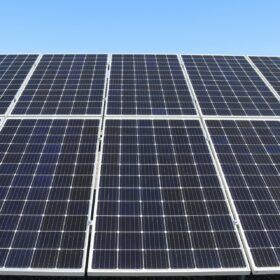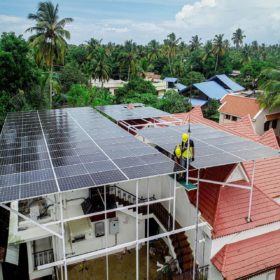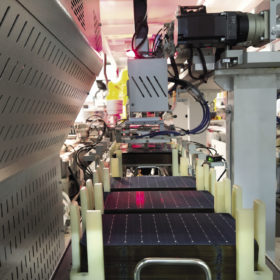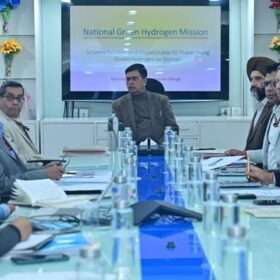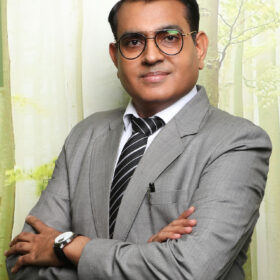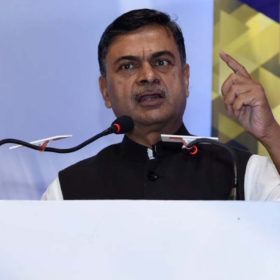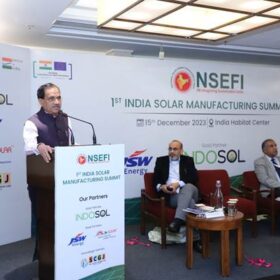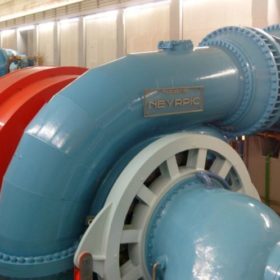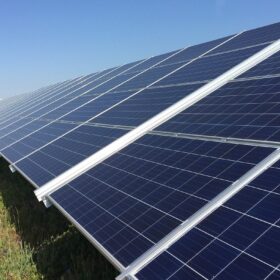TotalEnergies hits 1.5 GW of on-site solar PPAs
France’s TotalEnergies says it has signed 1.5 GW of on-site solar power purchase agreements (PPAs) with more than 600 industrial and commercial customers in more than 30 countries.
Cabinet approves scheme for installing rooftop solar in ten million households
The residential rooftop solar scheme provides a central financial assistance (CFA) of 60% of the system cost for 2 kW systems and 40% of the additional system cost for systems between 2 to 3 kW capacity. The CFA will be capped at 3 kW. At current benchmark prices, this will mean INR 30,000 subsidy for 1 kW system, INR 60,000 for 2 kW systems, and INR 78,000 for 3 kW systems or higher.
ALMM mandate reimposed: What it means
The ALMM mandate reimposed from April 1, 2024 provides relief for solar developers with advanced progress in development and with expected commissioning post-March 31, 2024. It also allows exemption for open access-based and captive solar projects, enabling these projects to source modules from the most cost-competitive sources.
The Hydrogen Stream: India working on policy mechanism to promote use of green hydrogen for providing round-the-clock renewable energy
India’s Ministry of New and Renewable Energy is working on the modalities for promoting the use of green hydrogen in supporting round-the-clock electricity.
Mitigating the challenges in solar project development
Developing the solar market in India has been a multifaceted journey marked by commendable achievements and occasional challenges. While the government’s support has been instrumental in fostering growth, addressing the challenges, ensuring policy stability, and promoting technological innovation will be critical to reignite momentum and achieve India’s renewable energy targets in the coming years.
A look back at solar in 2023
The Indian government has demonstrated a robust commitment to advancing solar energy by implementing various strategic initiatives.
“Energy security of the nation can’t be achieved with renewables alone”: Power minister
RK Singh, union minister for power and new & renewable energy, stated recently that the dependence on coal-based generation is likely to continue till cost-effective energy storage solutions are available.
PLI Scheme will boost indigenous production of solar panels: Union minister Bhagwanth Khuba
The Union Minister of State for New & Renewable Energy, Bhagwanth Khuba, also exhorted the manufacturers to be reasonable in pricing solar modules and not take undue advantage of basic customs duty by spiking domestic panel prices.
TERI recommendations to accelerate pumped storage development in India
A new report by TERI recommends measures to develop large-scale pumped storage plants in India. It also traces the growth and status of pumped storage hydro plants in India and the world.
Fostering solar adoption requires a holistic approach
While the benefits of solar adoption are evident, challenges persist. The irregularity of solar power and the lack of efficient storage technologies remain primary concerns. The upfront costs of solar installations, though decreasing, remain a barrier for many. Complex regulations and bureaucratic hurdles often deter individuals and businesses from embracing solar energy. Addressing these challenges demands a concentrated effort.
